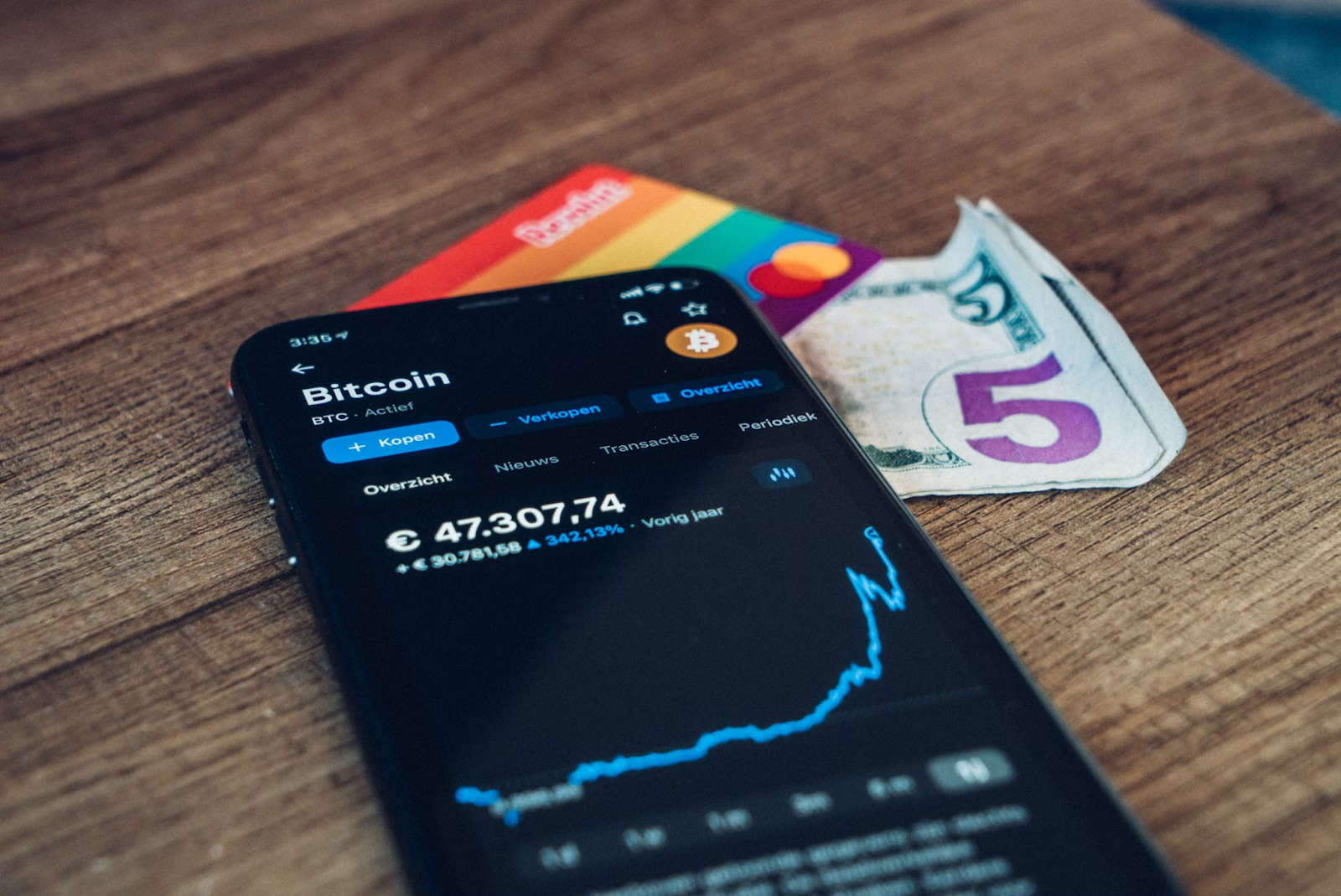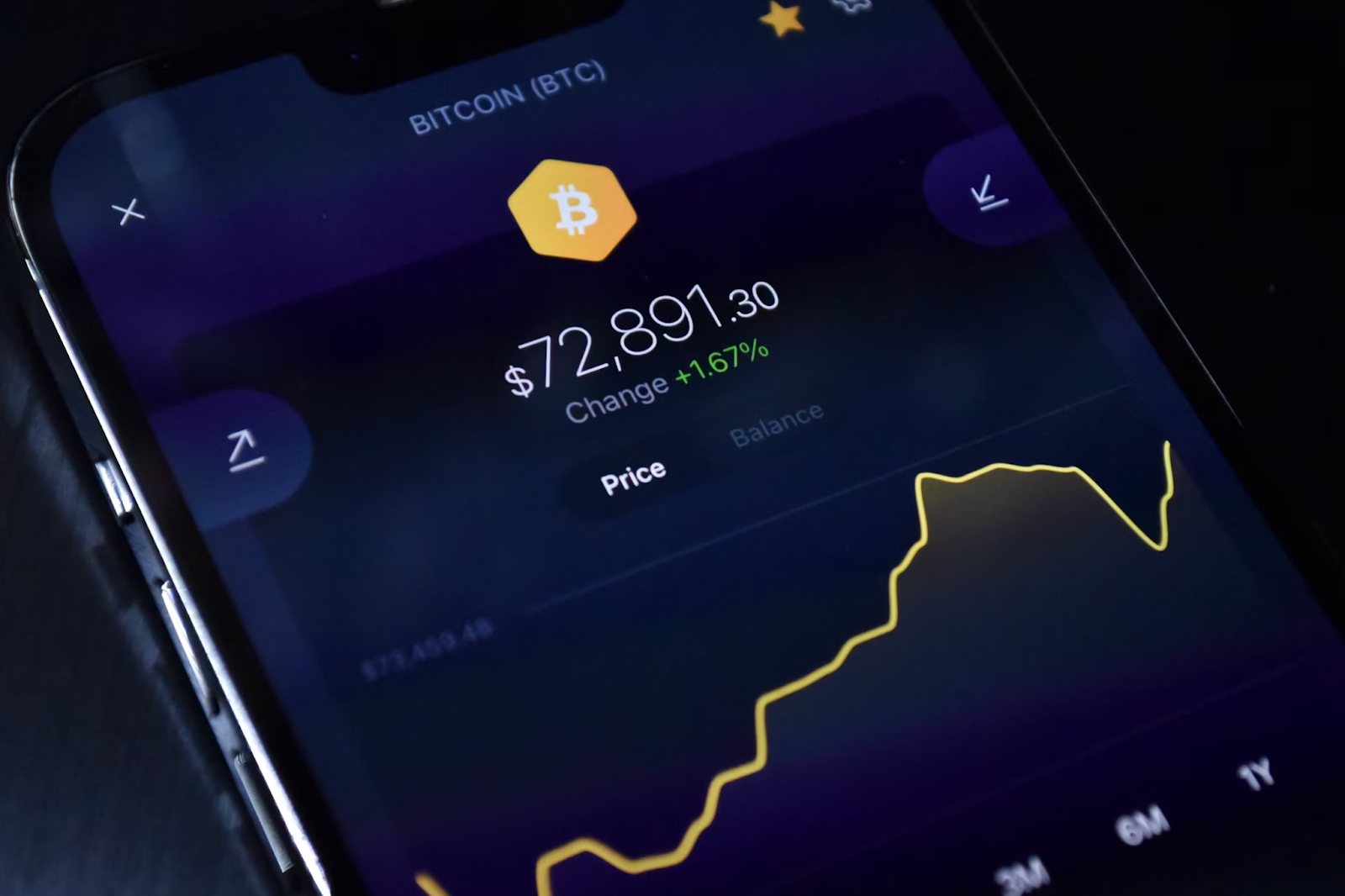Bitcoin has hit new all-time highs in Turkey and Argentina, not because it suddenly became more valuable, but because the local currencies have plunged. In Turkey, one Bitcoin recently traded for over 4 million lira, while in Argentina, it reached nearly 119 million pesos. That’s roughly $105,000 in each country, well above its current dollar price.
These record highs say more about inflation than they do about Bitcoin. Both countries are facing severe economic struggles. Inflation in Turkey sits at 37.8%, and Argentina could see rates as high as 110% this quarter. When money loses value this fast, people look for other ways to protect what they have. Bitcoin, for many, is becoming that option.
Why Locals Are Turning to Bitcoin
In places where everyday goods become more expensive by the week, people can’t afford to keep their savings in cash. That’s where Bitcoin comes in. No government controls it, and it has a limited supply (21 million), making it attractive when local money is unstable.
Knowing how to store crypto safely becomes essential with more people turning to crypto. Choosing the best crypto wallet can make a big difference in keeping your assets safe from hacks and scams, whether it’s a secure mobile app, hardware device, or desktop solution. For many in inflation-hit countries, finding a trusted wallet is just as important as buying the Bitcoin itself.
This isn’t just a local story. Bitcoin also rose past $100,000 in USD terms after news of a new U.S.–China tariff deal and a falling dollar index. At the time of writing, Bitcoin is trading at around $103,444, just 4.9% below its all-time high of $108,786 according to CoinGecko.
Is the U.S. Market Next?
With inflation still a concern in the U.S., and the M2 money supply—a measure of all the cash in the system—on the rise, some analysts think Bitcoin is set for another major run.
Edward Gofsky, a well-known crypto analyst, predicts Bitcoin could soon climb to between $140,000 and $150,000 based on current trends. He says the recent jump from $69,000 is only the beginning.
Another analyst, Lark Davis, points out that despite these gains, search interest for Bitcoin remains low. According to Google Trends, the term “Bitcoin” has seen a drop in popularity since November 2024. That might sound bad, but Davis argues it’s a good sign. In past bull runs, retail investors usually piled in at the top. Their absence now could mean we’re still early.
Big Money Is Moving In
While regular people are still on the sidelines when it comes to crypto, institutions are buying big. The company Metaplanet just added over 1,200 BTC to its balance sheet, worth around $126 million. At the same time, Michael Saylor, the CEO of MicroStrategy, hinted that even larger purchases are coming soon.
Standard Chartered expects that rising institutional interest and ETF investments could push Bitcoin past $120,000 as early as this quarter.
Looking further ahead, some are forecasting much bigger numbers. Analyst Josh Mandell says Bitcoin could reach $444,000 by mid-2026. That’s not just a bold price target, it comes with a warning: This kind of growth would mean something big is breaking in the traditional financial system.
Thomas Young, a managing partner at Rumjog Enterprises, put it plainly: “This isn’t just a bull run. A $444,000 Bitcoin means a collapse of trust in fiat money.” He believes we’re entering a “post-fiat” world, where Bitcoin becomes a neutral asset that countries and investors alike can trust more than national currencies.
Governments Are Pushing Back or Giving In
The growing shift toward Bitcoin hasn’t gone unnoticed. In several inflation-hit countries, governments are now rethinking how they approach digital currencies.
In Turkey, crypto payments for goods were banned in 2021. But now, the central bank is developing a digital version of the lira. It’s a sign that officials are trying to catch up with the public’s growing interest in digital money.
In Nigeria, the central bank once banned local banks from handling crypto. But attitudes have started to shift. Lawmakers are now discussing legislation that would treat cryptocurrencies as legal capital for investment, a big change from just a few years ago.
Argentina offers a different case. After years of runaway inflation and public distrust in the peso, voters elected libertarian economist Javier Milei as president in late 2023. He’s promised to dollarize the economy and shut down the country’s central bank. While Milei hasn’t announced a clear crypto strategy yet, his anti-central banking stance has made him a popular figure among Bitcoin supporters.
Conclusion
Bitcoin’s recent surge in countries with failing currencies is no coincidence. It’s a clear signal that people are losing trust in traditional money. As inflation eats away at savings, Bitcoin is becoming the Plan B, first for people in Turkey and Argentina, and possibly soon for people in wealthier countries too.
Whether or not Bitcoin reaches $150,000 or even $444,000, one thing is certain: more people are watching it now not just as an investment, but as a lifeline.






